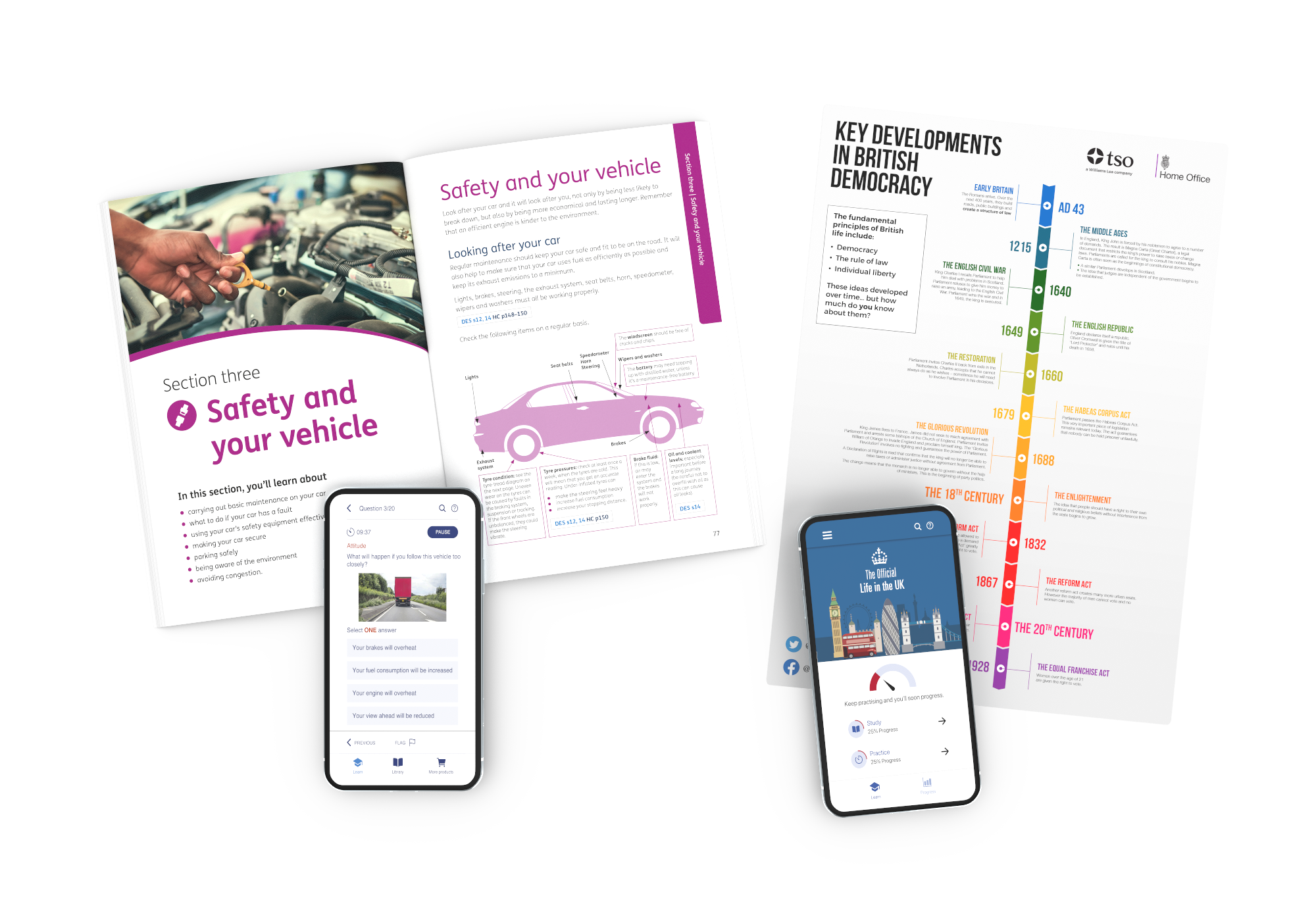At this year’s Public Service Data and AI Conference, TSO hosted a roundtable discussion on “How Structured Data Can Supercharge Public Sector AI Use.”
While conversations around AI often focus on data science or emerging tools, this session emphasised a more fundamental truth - that AI is only as effective as the data that powers it. For government and regulators, that means looking not just at data sets, but at how information itself - the rules, regulations, guidance and standards that shape daily life - is structured and shared.
The role of structured data in unlocking AI’s potential
Across government, there’s growing recognition that structured data is the foundation for innovation. Yet much of the information that underpins public sector decision-making - from policy frameworks to compliance requirements - still exists in unstructured formats such as PDFs or Word documents.
When information is locked away in static files, it becomes difficult to interpret, integrate or automate (essentially “paper under glass”). This makes it harder for both humans and machines to find, use and understand the content and limits how far AI tools can add value.
At the roundtable, participants discussed how structuring this information (by tagging, modelling and standardising it) makes it possible to:
-Enable discoverability and reuse - helping people and systems quickly locate relevant content and reducing duplication across departments.
-Support automation and integration - allowing AI systems to process information consistently, generate insights, and enable machine-to-machine interoperability.
-Reduce risk and improve compliance - ensuring authoritative information remains accurate, traceable and easy to update as legislation or guidance evolves.
As one attendee noted, you can’t expect AI to deliver meaningful insights if it’s pulling from a document, it can’t properly read.
From ambition to implementation
The discussion also revealed that while most organisations are aware of the importance of structured data, many find it difficult to move from ambition to action. Common barriers include fragmented systems, data governance challenges, and cultural resistance to change.
Participants shared a number of recurring themes from their own experiences:
-A need for stronger leadership and collaboration to drive data maturity across departments.
-Ongoing challenges with data quality and consistency, especially when information is created and maintained in silos.
-Limited capacity or technical expertise to pilot new solutions at scale.
-The need to build trust in AI through standards, transparency and ethical frameworks.
These barriers underline why an incremental, outcome-driven approach is so important. As discussed in the session, AI adoption doesn’t have to start with complex programmes - in fact, it often works best when organisations focus on smaller, well-defined projects that demonstrate value early and build momentum for wider transformation.
Structured information: the missing link in public sector AI
The conversation highlighted a common misconception - that data transformation is mainly about analytics and large-scale data sets. In reality, structured information (rules, regulations, standards, and guidance) represents one of the public sector’s richest untapped data sources.
This type of information is the connective tissue that links policies to outcomes, compliance to enforcement, and services to citizens. When unlocked and structured, it can power AI applications such as:
-Smarter search and discovery, guiding users through relevant resources instantly.
-Automated compliance checking, where machine-readable rules help systems assess risk or eligibility in real time.
-Personalised user experiences, adapting information to context and need.
-Data-driven policymaking, using insights from structured content to identify trends and inform updates.
By turning unstructured content into structured data, government and regulators can not only improve internal efficiency but also build the digital foundations for interoperability and innovation.
Building digital readiness today for AI tomorrow
AI adoption in the public sector is still in its early stages - but the direction of travel is clear. The organisations that will benefit most are those that invest now in creating digital-ready information ecosystems: trusted, structured, and interoperable by design.
Structured data provides the scaffolding that allows AI tools to operate with confidence, accuracy and accountability. It ensures that as new technologies evolve, the underlying information remains accessible, adaptable and auditable.
At TSO, we’ve supported many public bodies through this transformation - helping them reimagine how regulatory and standards-based information can be delivered in modern, digital formats. Our technologies help in the creation, management and publication of this content as data, meaning the transformation is well-designed and supports the organisation’s wider goals in delivering better outcomes.
Most importantly we ensure that AI is used lawfully, ethically and responsibly and in line with the UK Government’s AI Playbook principles:
-All tools are developed using a robust governance process
-We comply with data usage, security protocols and regulatory standards
-Guardrails help to protect against malicious input, output, hallucinations and bias
-LLMs are only used in closed client environments
-We exclude client data from exploration activities and use models only from trusted platforms
-We ensure that platforms are secure, with authentication and authorisation features to control access, users only granted necessary permissions and data encrypted to ensure confidentiality and integrity
-And we ensure meaningful human controls with human in the loop models for quality assurance, transparency and auditability.
Continuing the conversation
Our thanks go to everyone who contributed to the discussion. The insights shared reaffirmed that while AI presents exciting opportunities, the path to success starts with data that’s structured, trusted and designed for reuse.
We’ll continue to explore this theme with our partners and clients as part of our ongoing commitment to helping government and regulators deliver clarity, accessibility and impact through their information.
If you’d like to find out more about how TSO can help your organisation unlock the potential of structured data to power AI and innovation, we’d love to continue the conversation.
Get in touch with our team at tsobd@tso.co.uk






